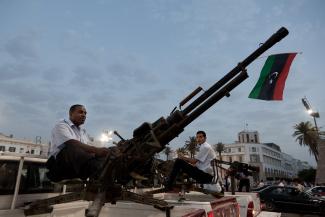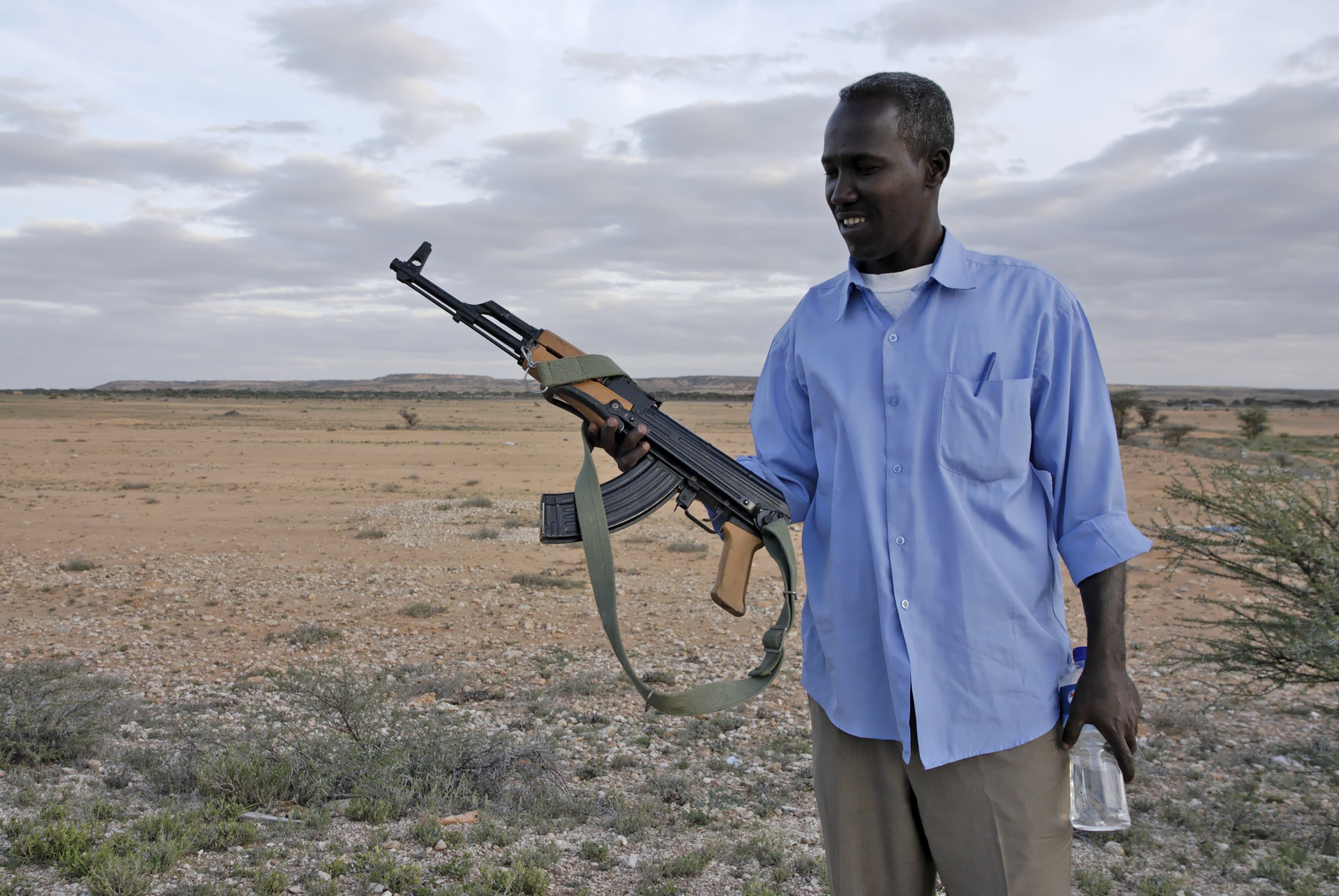Weaponry
Libyan arms and Malian turmoil

When NATO began enforcing a no-fly zone during the revolution in 2011, a significant number of armories were hit by aerial attacks. No longer guarded properly, the armories became something of free-for-all self-service supermarkets. After the revolution, armed militias took from the former army weapon stocks whatever they needed.
What disappeared from Libya’s arsenal in particular were the SALW used in most wars in Africa: weapons that are light, portable and concealable; weapons that serve in everything from interpersonal to inter-state conflicts. Easy availability of SALW tends to exacer-bate any conflict.
Mali is a recent example. The Kel Tamasheq people, also known as Tuareg, had fought a number of wars with the government. Many Tuareg men served Gaddafi as mercenaries. After his fall, they fled home, equipped with whatever they could take from Gaddafi’s extensive stockpile. Their people have a long history of mastering cross-Saharan trading routes. In recent years, drugs were smuggled north and weapons were smuggled south.
At the same time, loosely allied networks of militant Islamists rose in northern Africa that drew its inspiration from Al Qaeda. The justifiable grievances of the Kel Tamasheq, plus the aspirations of the Islamic militants, supported by the easy availability of SALW made an explosive mix: Within a few months, the whole of northern Mali saw violent unrest and hundreds killed. A semblance of political order was only restored when France deployed troops and it remains to be seen whether Mali will find peace after presidential elections in late July. (ma/mk/ck)








